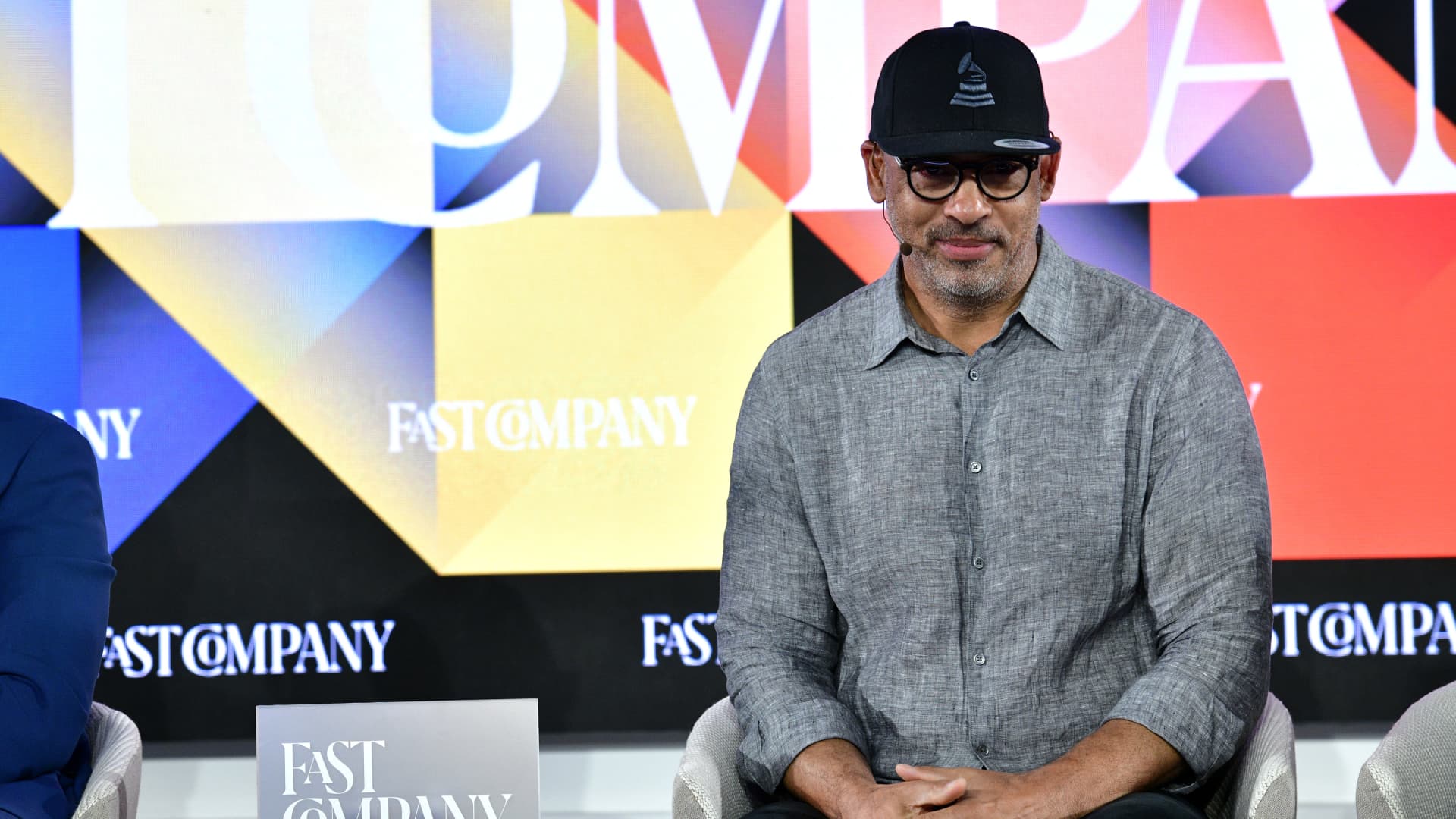The main topic is the debate surrounding artificial intelligence in the music industry.
1. Some believe AI has the potential to be useful for artists, musicians, and producers.
2. Others are concerned about the negative consequences and potential obsolescence if AI is not regulated properly.
3. Chris Lake, a producer and DJ, believes in embracing the benefits of AI but emphasizes the importance of regulation to prevent abuse.
A federal judge has ruled that works created by artificial intelligence (A.I.) are not covered by copyrights, stating that copyright law is designed to incentivize human creativity, not non-human actors. This ruling has implications for the future role of A.I. in the music industry and the monetization of works created by A.I. tools.
Several music stars, including Selena Gomez, Ed Sheeran, Drake, Lil Wayne, Liam Gallagher, and Grimes, have shared their thoughts on artificial intelligence (AI) and its impact on the music industry, expressing concerns about job security, safety, and copyright protection, while others have shown support or interest in collaborating with AI-generated music.
Artificial intelligence (A.I.) may not pose a significant threat to human creativity or intellectual property, as machines still struggle to produce groundbreaking artistic work and are often limited to mimicry rather than true artistic expression.
Artificial intelligence (AI) is seen as a tool that can inspire and collaborate with human creatives in the movie and TV industry, but concerns remain about copyright and ethical issues, according to Greg Harrison, chief creative officer at MOCEAN. Although AI has potential for visual brainstorming and automation of non-creative tasks, it should be used cautiously and in a way that values human creativity and culture.
In a recent interview, Epica frontwoman Simone Simons expressed concerns about the use of artificial intelligence in music, stating that she believes "art needs to be created by actual flesh and blood" and that AI cannot compete with human creativity.
The viral AI track "Heart on My Sleeve" has been submitted to the 2024 GRAMMY Awards, raising questions about the impact of AI on creativity and the music industry.
An AI-generated vocal track of rapper Drake has been submitted for Grammy nomination in two categories, following the Grammys' updated policy allowing music with AI components to be eligible for awards as long as the human-created portion is nominated.
AI is a topic of concern and fascination within the music industry, as musicians and composers grapple with the potential benefits and threats it poses to their work, with tools already available that enable the creation of professional-sounding original compositions, but with debates surrounding the authenticity and copyright of AI-generated music.
The Recording Academy has stated that AI-generated songs are not eligible for Grammy consideration, clarifying that although the song was written by a human, the vocals were not legally obtained and the track is not commercially available.
The CEO of the Recording Academy has announced that a song using AI to mimic the voices of Drake and the Weeknd will not be eligible for Grammy awards due to the vocals not being legally obtained, cleared by the artists or label, and not commercially available.
Writer/director Cord Jefferson believes that while artificial intelligence has a place in creativity, it should be used in a way that supports artists rather than replacing them completely.
The boss of Spotify, Daniel Ek, stated that while there are valid uses of artificial intelligence (AI) in making music, AI should not be used to impersonate human artists without their consent, but there are debates and challenges surrounding the use of AI in the music industry. Spotify does not allow its content to be used to train machine learning or AI models, and there are increasing concerns among artists about the threat of AI to their profession.
Artificial intelligence (AI) has the potential to revolutionize the entertainment industry by reducing production costs and saving time, but it should not replace or disrupt the creative process, according to a report by Bain & Co. The report emphasizes the need for a balance between utilizing new technologies and respecting the talent and creativity of artists and writers. The savings generated by AI and other technologies can enable studios to produce more high-quality content.
Artificial intelligence's current hype lacks a scientific foundation and fails to meet the criterion for true intelligence, as it primarily focuses on data processing instead of understanding and sustainability.
Artificial intelligence is increasingly replacing human creativity in the arts, but some artists are embracing AI as another tool in their creative arsenal to push the boundaries of traditional art forms.
Top songwriters behind hit songs by artists like Doja Cat and Jonas Brothers believe that while artificial intelligence (AI) can be a useful tool in the music industry, it cannot replicate the artistry and human emotion that goes into creating music. They see AI as a tool to enhance their creativity, not replace it.
